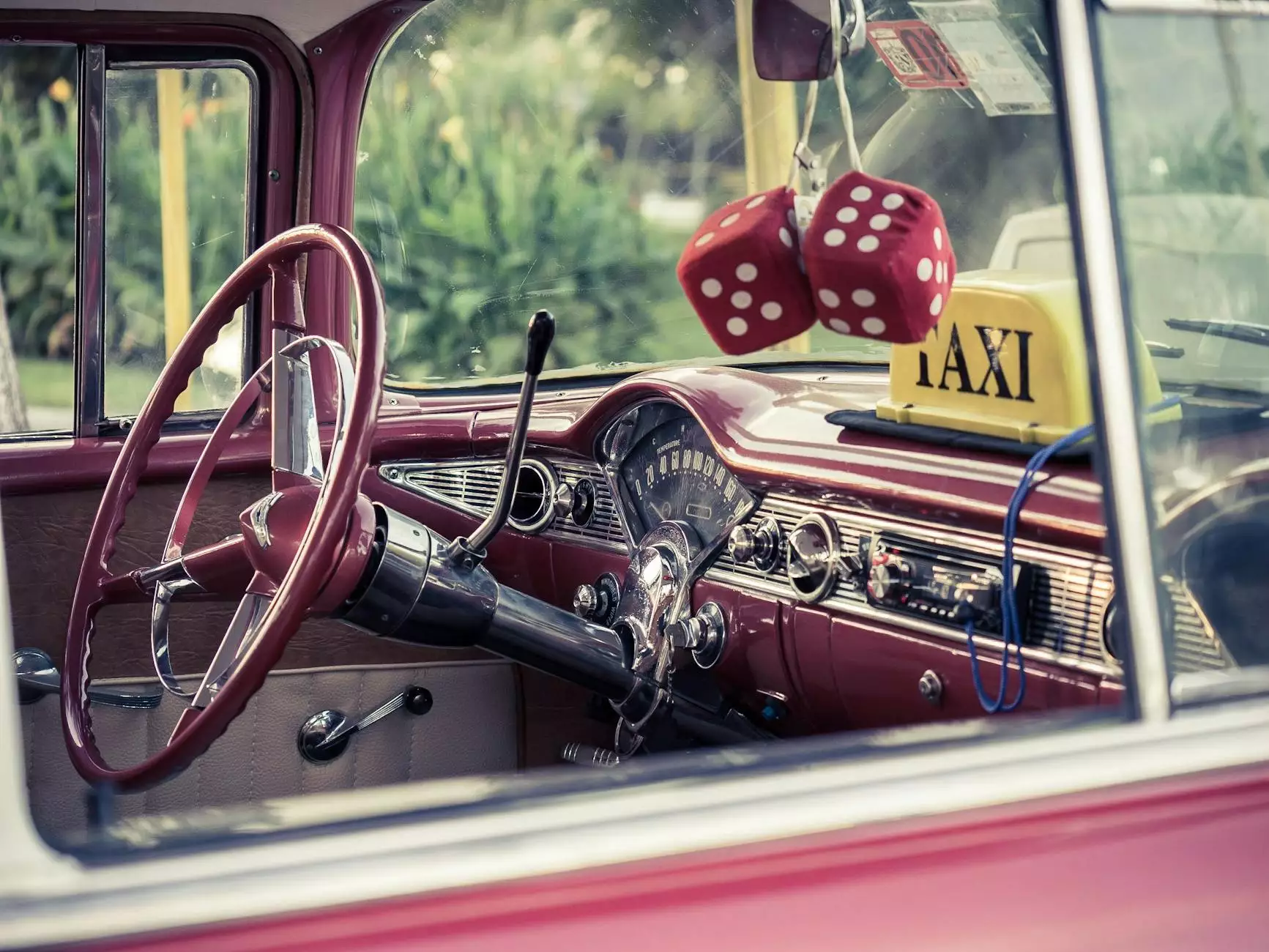Enhancing Your Casino Experience: The Role of a Table Games Dealer

When you step into a casino, vibrant lights, enchanting sounds, and a palpable sense of excitement fill the air. While many elements contribute to this lively atmosphere, one pivotal figure stands out: the table games dealer. These skilled professionals are at the heart of table games, guiding players through their choices and ensuring that the game runs smoothly and fairly. In this article, we will delve into the multifaceted role of the table games dealer, their skills and responsibilities, and how they enhance the overall casino experience.
The Essential Role of a Table Games Dealer
A table games dealer is responsible for managing the gameplay of various casino table games, including blackjack, poker, roulette, and baccarat. Their role encompasses a wide range of responsibilities, from dealing cards to managing bets and ensuring compliance with gaming regulations. Here are some key aspects of their role:
- Game Management: Dealers oversee the gameplay, ensuring that it is conducted fairly and according to the rules. They explain game rules to players and handle the flow of the game.
- Customer Interaction: A good dealer enhances the customer experience by being approachable and friendly. They interact with players, fostering a fun and engaging environment.
- Financial Transactions: Dealers manage chips, payouts, and player balances, ensuring accuracy and transparency in all transactions.
- Compliance with Regulations: Dealers are trained in gaming regulations and must ensure that all games comply with legal standards.
Skills Required to be a Successful Table Games Dealer
The role of a table games dealer requires a diverse skill set that blends technical proficiency with interpersonal abilities. Successful dealers often possess the following skills:
- Exceptional Communication: Dealers must articulate rules clearly and interact positively with players.
- Mathematical Skills: A strong understanding of probabilities and quick mental calculations help dealers manage bets and payouts accurately.
- Attention to Detail: Accuracy is paramount in dealing cards and managing chips. A good dealer notices discrepancies and addresses them swiftly.
- Emotional Intelligence: Understanding players' emotions and managing different personalities is key to maintaining a positive gaming environment.
- Patience and Calmness: The dealer must remain composed, especially during high-stakes moments, ensuring all players feel respected and valued.
The Significance of a Table Games Dealer in Customer Experience
The presence of a competent table games dealer can significantly enhance a player's overall casino experience. Here’s how:
Creating a Welcoming Atmosphere
A warm smile and friendly demeanor can make all the difference in a player's experience. Dealers who encourage interaction and are ready to answer questions create a sense of community at the table. This welcoming atmosphere invites players to return, fostering a loyal customer base.
Instilling Confidence in Players
New players, in particular, may feel intimidated when they approach a gaming table. A knowledgeable dealer can help alleviate this uncertainty by patiently explaining rules and guiding players through their first few hands. This support promotes a sense of confidence and encourages new players to continue exploring table games.
Enhancing Game Enjoyment
Dealers can elevate the enjoyment of games by adding entertainment value. Many dealers engage in light banter, making the game more engaging and enjoyable. This level of interaction keeps players entertained, making them more likely to stay longer and play more.
Training and Certification for Table Games Dealers
To become a successful table games dealer, individuals typically undergo rigorous training and certification. Here’s an overview of what this training usually involves:
1. Comprehensive Game Knowledge
Dealers must learn the rules and strategies for various table games. They need to master everything from card counting in blackjack to understanding betting strategies in poker.
2. Regulatory Compliance Knowledge
Dealers are trained on local gaming laws and regulations. Understanding these regulations ensures that they operate within legal boundaries and maintain fairness at the tables.
3. Customer Service Training
Excellent customer service is a cornerstone of successful casino operations. Dealers receive training on how to interact with players, handle conflicts, and provide an exceptional gaming experience.
4. Practical Experience
Many training programs include hands-on practice, where trainees deal at simulated tables. This practical experience is crucial for building the confidence needed to manage real gaming situations.
Career Opportunities and Growth for Table Games Dealers
The path of a table games dealer offers numerous career opportunities within the thriving casino industry. Here are some potential career paths for aspiring dealers:
- Table Games Supervisor: Experienced dealers can advance to supervisory roles, overseeing other dealers and ensuring smooth operations at the tables.
- Casino Manager: With additional training and experience, dealers can transition into management positions, overseeing all aspects of casino operations.
- Training Instructor: Skilled dealers can choose to become trainers themselves, teaching the next generation of dealers the ropes of the industry.
- Game Designer: Some dealers leverage their hands-on experience to contribute to the development and design of new table games.
The Future of Table Games Dealers in the Casino Industry
The casino landscape is continuously evolving with the introduction of technology, online gaming, and changing consumer behaviors. However, the role of the table games dealer remains vital. Their unique skill set and ability to create a dynamic gaming environment cannot be easily replicated by machines or online platforms. Here are a few trends that may shape the future of this profession:
1. Integration of Technology
As casinos increasingly adopt advanced technologies like electronic table games and automated dealers, traditional dealers may need to adapt by learning to work alongside these innovations.
2. Hybrid Gaming Environments
The rise of online gaming has spurred interest in hybrid models where players can engage with live dealers through video streams. This trend highlights the importance of skilled dealers who can deliver an engaging experience remotely.
3. Emphasis on Personalization
As casinos strive to provide personalized experiences, dealers who can engage effectively with players and remember their preferences will be especially valued.
Conclusion
The role of a table games dealer is both rewarding and essential in the casino environment. From managing the game to fostering a fun atmosphere, dealers are the glue that holds the gaming experience together. As the casino landscape shifts with technology, the need for skilled, personable dealers remains crucial. Individuals looking to embark on a rewarding career in the gaming industry should consider becoming a dealer, as it offers numerous pathways for growth and opportunities to enhance players' experiences at venues like Lucky Cola Casino.









